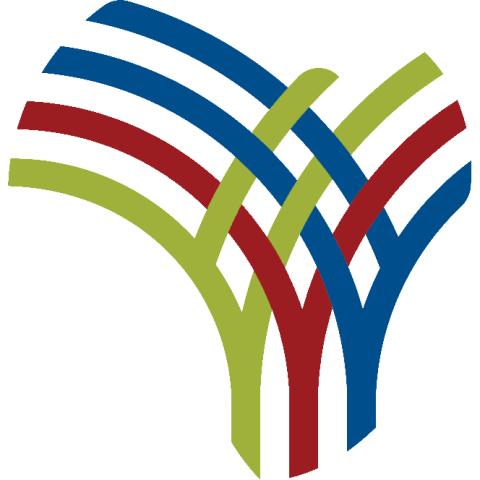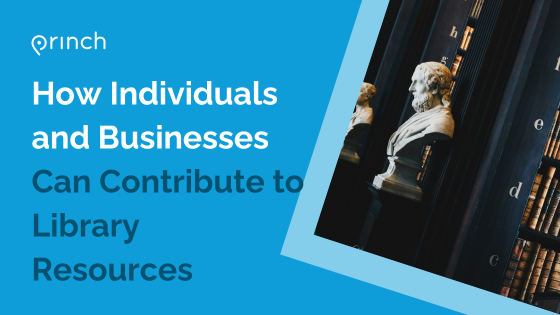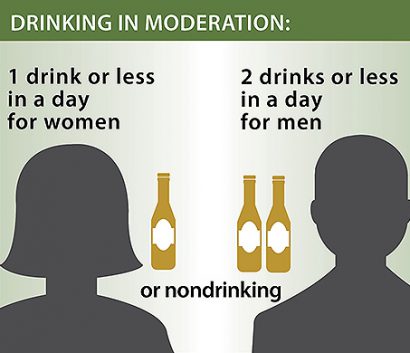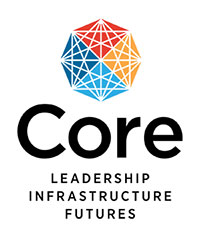
Introduction:
Libraries have long been pivotal to society, offering information access, fostering literacy, and acting as communal centers. Yet, in the swiftly changing digital era, libraries’ futures hinge on the adaptability of library and information professionals to address their patrons’ shifting demands. This blog post delves into the essential elements that will define libraries’ futures and the vital part these professionals play in securing their continued relevance and success.
1. Embracing Technological Advancements:
In order to remain relevant and meet the expectations of their users, libraries must embrace technological advancements. Library and information professionals need to be well-versed in emerging technologies such as artificial intelligence, data analytics, and virtual reality [2]. These technologies can enhance the user experience, improve access to information, and enable libraries to offer innovative services.
2. Evolving Role of Librarians:
The role of librarians is evolving from traditional gatekeepers of information to facilitators of knowledge. Library and information professionals need to develop new skills and competencies to effectively navigate the digital landscape. This includes expertise in information literacy, digital literacy, data management, and research support [1]. Librarians must also be adept at collaborating with other professionals and organizations to provide comprehensive and integrated services.
3. User-Centric Approach:
Library and information professionals must prioritize the needs and preferences of their users. Understanding user demographics, preferences, and expectations is crucial for designing relevant and user-friendly library services. This requires librarians to engage in user research, conduct surveys, and gather feedback to continuously improve and tailor their offerings [1].
4. Advocacy and Outreach:
Library and information professionals play a vital role in advocating for the value and importance of libraries in society. They need to actively engage with stakeholders, policymakers, and the community to raise awareness about the impact of libraries on education, research, and community development. Effective advocacy can help secure funding, support policy changes, and ensure the sustainability of libraries [2].
5. Lifelong Learning and Professional Development:
The future of libraries depends on the continuous learning and professional development of library and information professionals. They need to stay updated with the latest trends, technologies, and best practices in the field. Participating in conferences, workshops, and online courses can help librarians enhance their skills, expand their networks, and stay ahead in a rapidly changing information landscape [1].
Conclusion:
The future of libraries is closely tied to the capacity of library and information professionals to adapt, innovate, and meet the evolving needs of their users. By embracing technological advancements, evolving their roles, adopting a user-centric approach, advocating for libraries, and investing in lifelong learning, library and information professionals can ensure that libraries remain vibrant and indispensable institutions in the digital age.
Learn more:














![[Impactful News] The Forensic Medicine and Toxicology Unit at Hawassa University will be inaugurated soon.](https://mylibrarianship.files.wordpress.com/2024/02/hu-2.jpg?w=200)





















You must be logged in to post a comment.